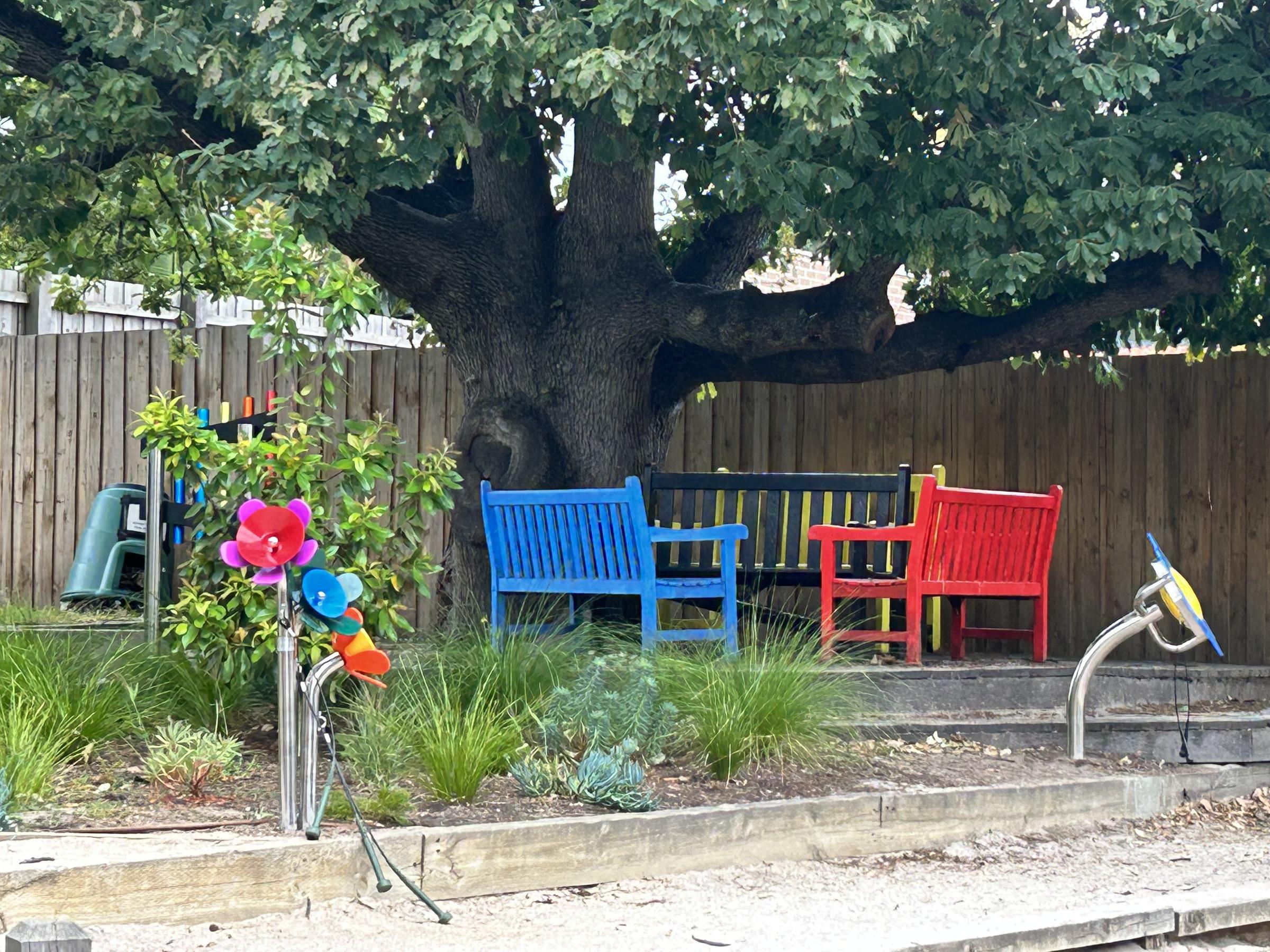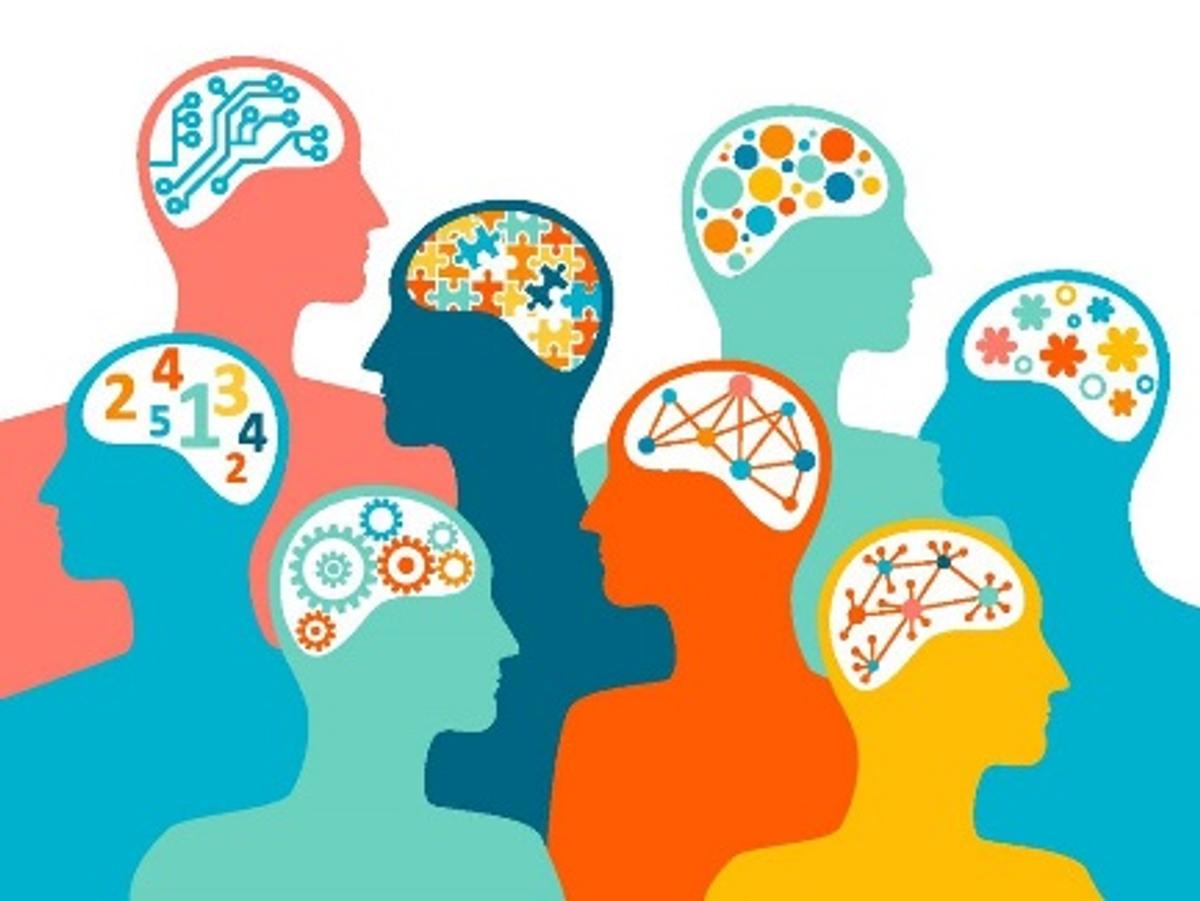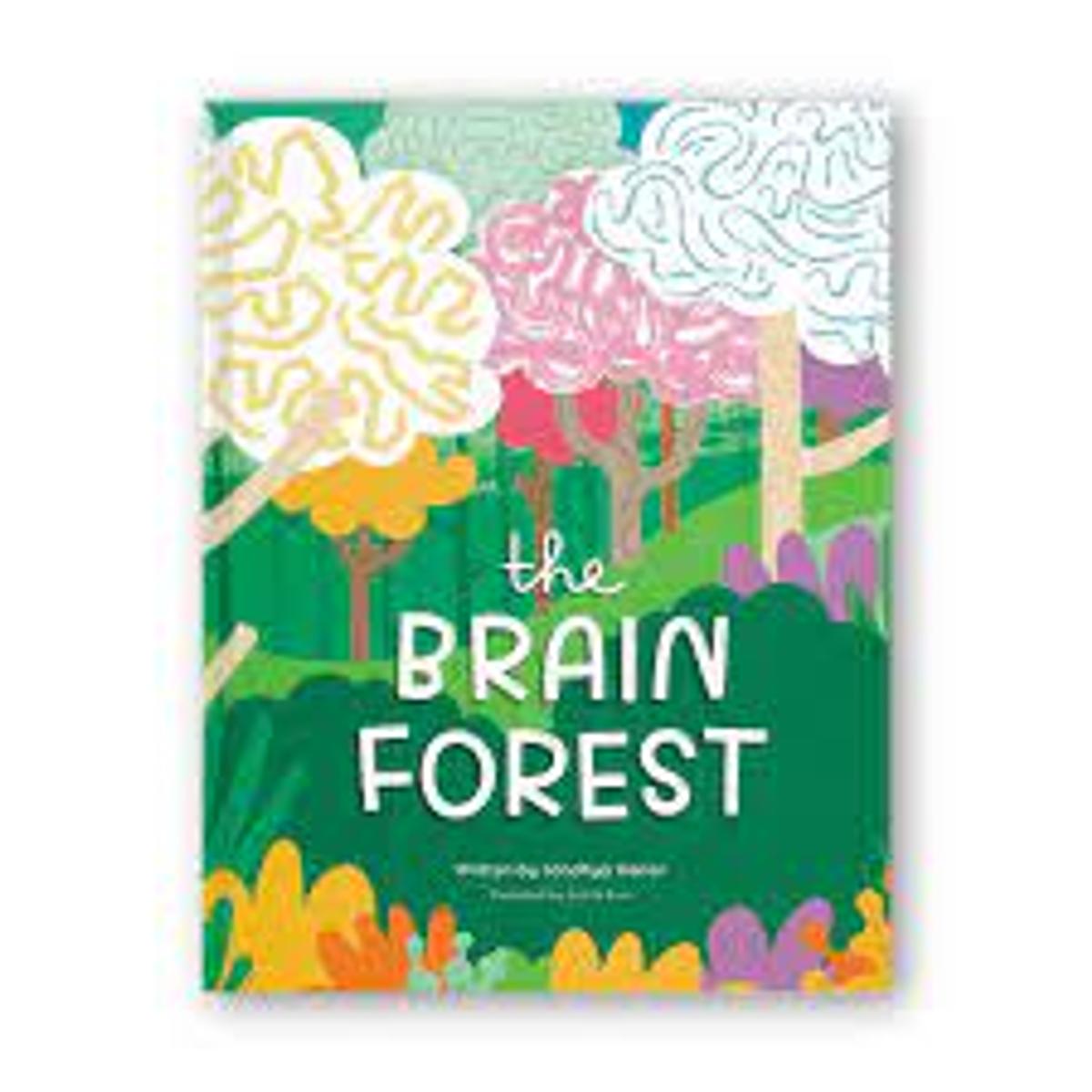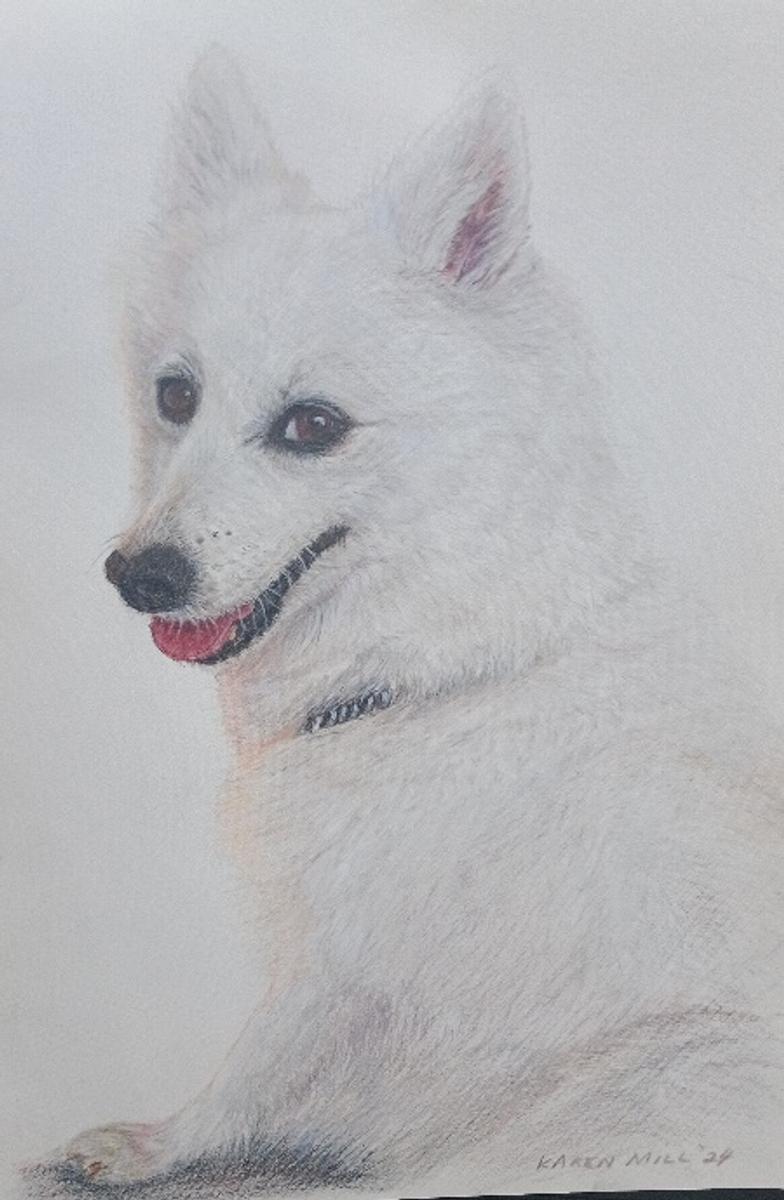Wellbeing
Amanda Howe | Assistant Principal

Wellbeing
Amanda Howe | Assistant Principal
This week we acknowledge Neurodiversity Week and we are celebrating the unique strengths and talents of all of our students. Neurodiversity Week is a time to recognise and appreciate the diverse ways in which our brains work and to promote understanding and acceptance of different neurological differences. By promoting acceptance and understanding of neurodivergent individuals, we can create a more inclusive and welcoming environment for everyone.
At Hampton Primary School our vision is for all students to flourish. We have a number of processes in place to ensure that every student is taught what they need to learn in a way that works best for them. Inclusion is a high priority and we work to change the environment to suit the needs of the child and not the other way around. We aim for excellence in this area.
Let’s celebrate the many different things that make each of us unique.
https://www.neurodiversityweek.com/
When it comes to inclusion, neurodiversity refers to a world where neurological differences are recognised and respected as all other human variations.
Depending on how our brains are wired we think, move, process information and communicate in different ways. Many people in our community use neurodiversity as an umbrella term used to describe alternative thinking styles such as Dyslexia, DCD (Dyspraxia), Dyscalculia, Autism and ADHD. But regardless of labels, neurodiversity is about recognising those who think differently. And no matter whether you are a school, university or organisation you can benefit from different thinkers! Approximately 15-20% of population has a neurological difference. Instead of labelling people with deficits or disorders, when we use the term neurodiversity, we take a balanced view of an individual’s unique strengths and challenges. Many ‘challenges’ neurodivergent people face are more to do with the environment and systems they are placed in, often designed by a majority population.
The website has information on specific neurodiffferences.
Register for events across the week:
https://www.neurodiversityweek.com/events


You can embrace neurodiversity as part of everyday family life. You don’t have to be neurodivergent yourselves. Here are some ideas:
This is a great go-to book which comes recommended by one of our parents:


https://www.youtube.com/watch?v=jOrva8d1hTg
There are lots of book lists available on the internet. Here is one from the Little Book Room:
https://www.littlebookroom.com.au/neurodiversity/
Lots of these books are available to hear and watch on YouTube.


This delightful portrait of Nova was drawn by the grandmother of two of our students and presented at assembly last Friday. Karen created this drawing using pencils and has captured the essence of Nova beautifully. Nova’s portrait is hanging in the office if you would like to view it close up.
Karen is available to create portraits of your pets and if you are interested, please contact her:
Karen’s Pet Portraits 0481 085 802
You can also have a look at her work on her Facebook page.
Thanks to everyone who has registered to collect the eggs. Please make sure you note down the day that you have selected as a reminder and also notify the office if you are unable to collect the eggs.
“How can I help my child be more resilient?” is a question Dr Justin Coulson often hears from worried mums and dads.
In this session, parents will learn the psychological secrets that build their child’s sense of identity, strengths, and growth mindset in order to perform better, be happier, and build resilience.
Based on Dr Justin Coulson’s best-selling book 9 Ways to a Resilient Child, this session shows parents how to help their children cope powerfully and positively with the challenges that life throws at them. This presentation is one of Justin’s most popular ones with powerful stories and illustrations that every parent can relate to. He explains the factors that help and hinder resilience, why common advice such as “toughen up Princess” just doesn’t work, and how competition and praise may undermine resilience.
Tuesday 14 May
7pm AEST | check my time zone
(please check your time zone for daylight savings)
Share this URL: https://schools.happyfamilies.com.au/answers-with-justin-resilience/*Note that the link will only work if you are already signed into your school’s page
Hampton Primary School
https://schools.happyfamilies.com.au/login/hamps
PASSWORD: happyhamps